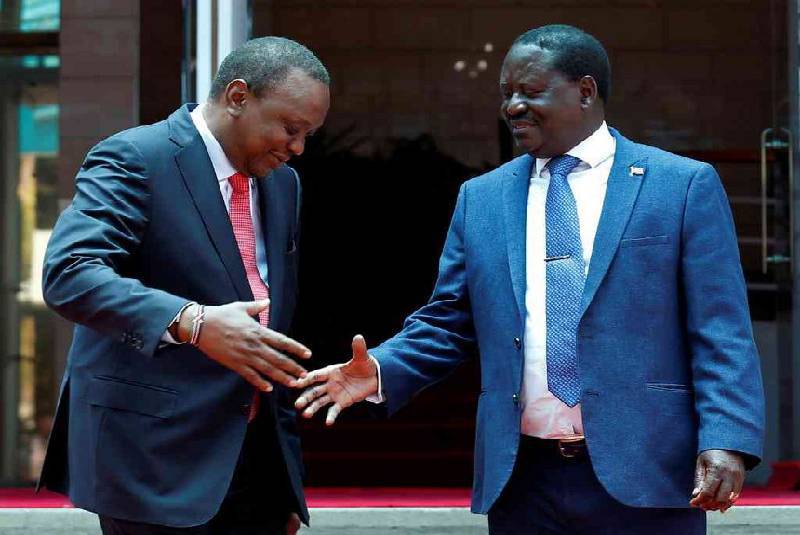
There is a lot to say about the report issued by the Building Bridges Initiative (BBI) on the content of the constitutional proposals, including the proposals on the resumption of an imperial and overbearing president; ballooning of Parliament; the appetite for the President to take away the independence of the Judiciary and the Director of Public Prosecutions – by gravely interfering with the objective removal processes in the current constitution; taking over any constitution safeguard to make police professional – name it.
Still, for these proposals to have a chance to become official amendments to the Constitution, sponsors of BBI will have to surmount various procedural and substantive challenges. Can they?